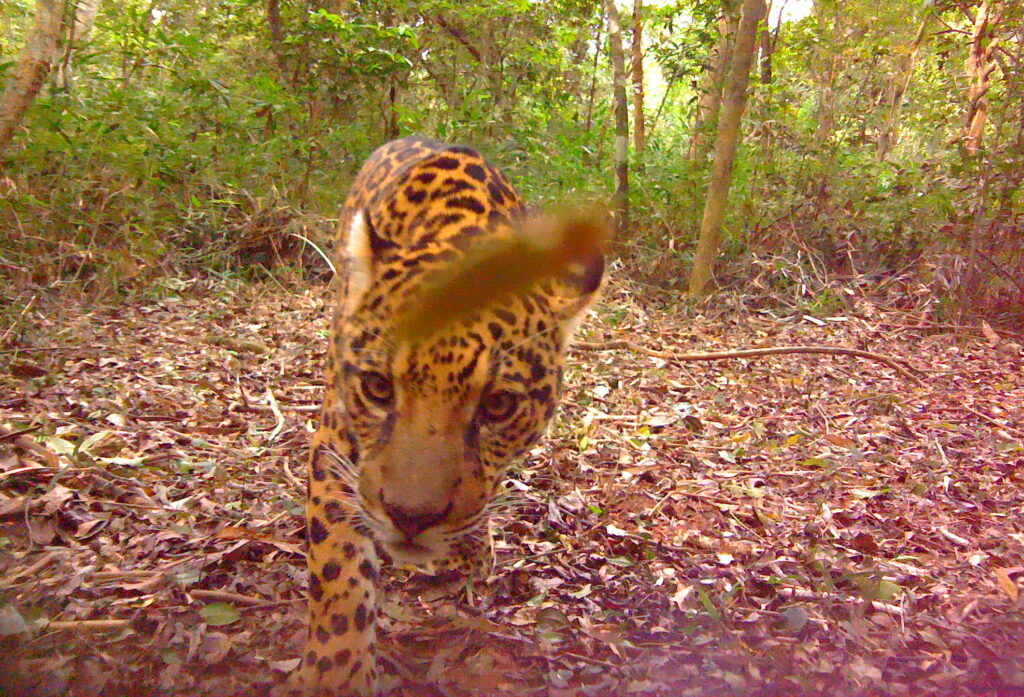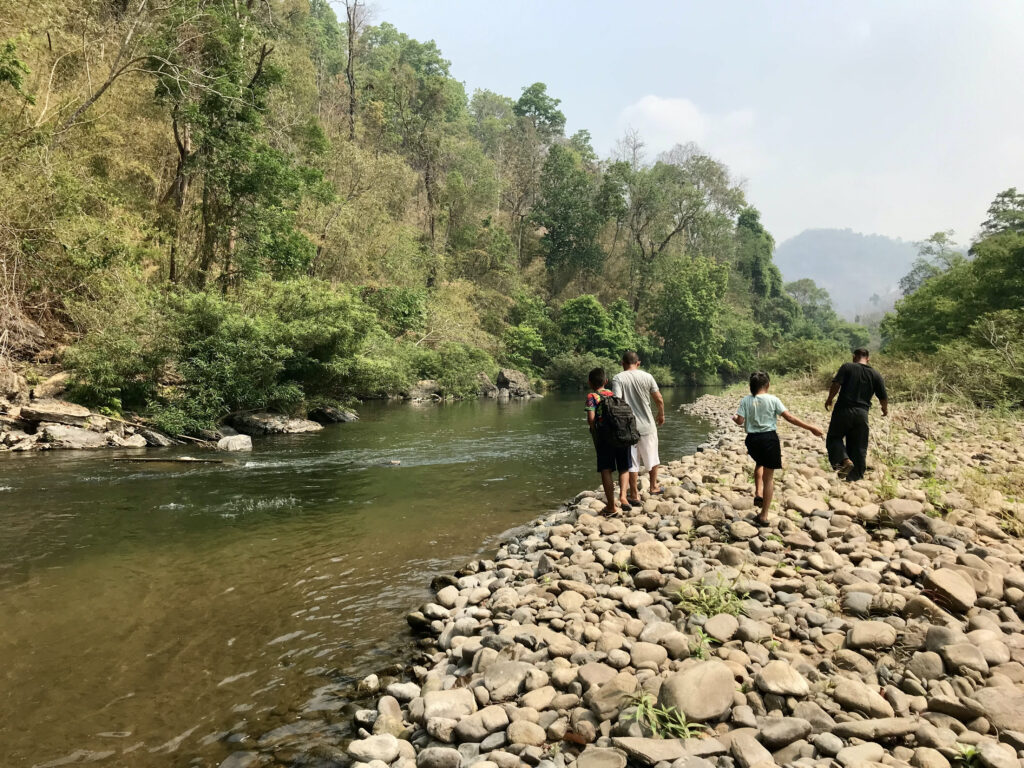Since the adoption of decentralised forestry in the 1980s, foresters’ roles have drastically changed from traditional command and policing roles, to advisory and supporting roles. Besides, today’s tropical forestry realities are highly complex and dynamic due to changing climates, increasing global interests, rapidly spreading science and technologies, and changing social systems due to globalisation, rapid urbanisation and neoliberalisation. In such a world, the need to generate professionals who are well equipped to deal with the realities is essential. But, what kind of professional capabilities do foresters require to solve complex and dynamic forest governance challenges? Joana Ameyaw and colleagues provide a starting point through a study that aimed to explore knowledge and skills needed for today’s professional foresters to move towards improved forest governance in Ghana.
They explored root causes of observed and documented weak forest governance in Ghana. Informed by data collected through a mixed-methods approach, they attribute a substantial part of the weakness to professional forestry education that has largely been based on forestry science and silviculture – ‘traditional forestry’ – since professional forestry training started in 1982. Such training largely equips forestry professionals with technical capabilities only. In the times when the forestry sector faces governance challenges such as corruption, weak structures for forest governance monitoring, elite power position of politicians over forestry, lack of staff and logistic=s at the Forestry Commission etc., it is necessary for professional forestry education to put more emphasis on non-technical capabilities. Their arguments are based on the finding that many professional foresters are not equipped with the non-technical knowledge and skills necessary to manage these transformations and address the resulting challenges.
They identify key capabilities that would also necessitate curricula changes in professional education. They emphasise training in leadership skills that enable foresters to make and defend professional decisions against powerful elites’ influence; analytical and critical reflection on forestry realities framed within the political economy approach, to help foresters in developing innovative and transformative ideas for improvement; resource mobilisation skills to deal with inadequacy in materials necessary for effecting forest governance; professional ethics for dealing with the culture of corruption, and acquiring skills for forestry diplomacy, vital to negotiate and lobby for resources required to improve governance. Besides, recognition and validation of the new skills require radical changes in incentive and reward structures within forestry institutions. These are crucial steps for professional foresters to keep pace with rapidly changing forest governance realities.
Further reading:
Ameyaw J, B Arts & A Wals. 2016. Challenges to responsible forest governance in Ghana and its implications for professional education. Forest Policy and Economics, 62: 78–87. doi:10.1016/j.forpol.2015.07.011.





